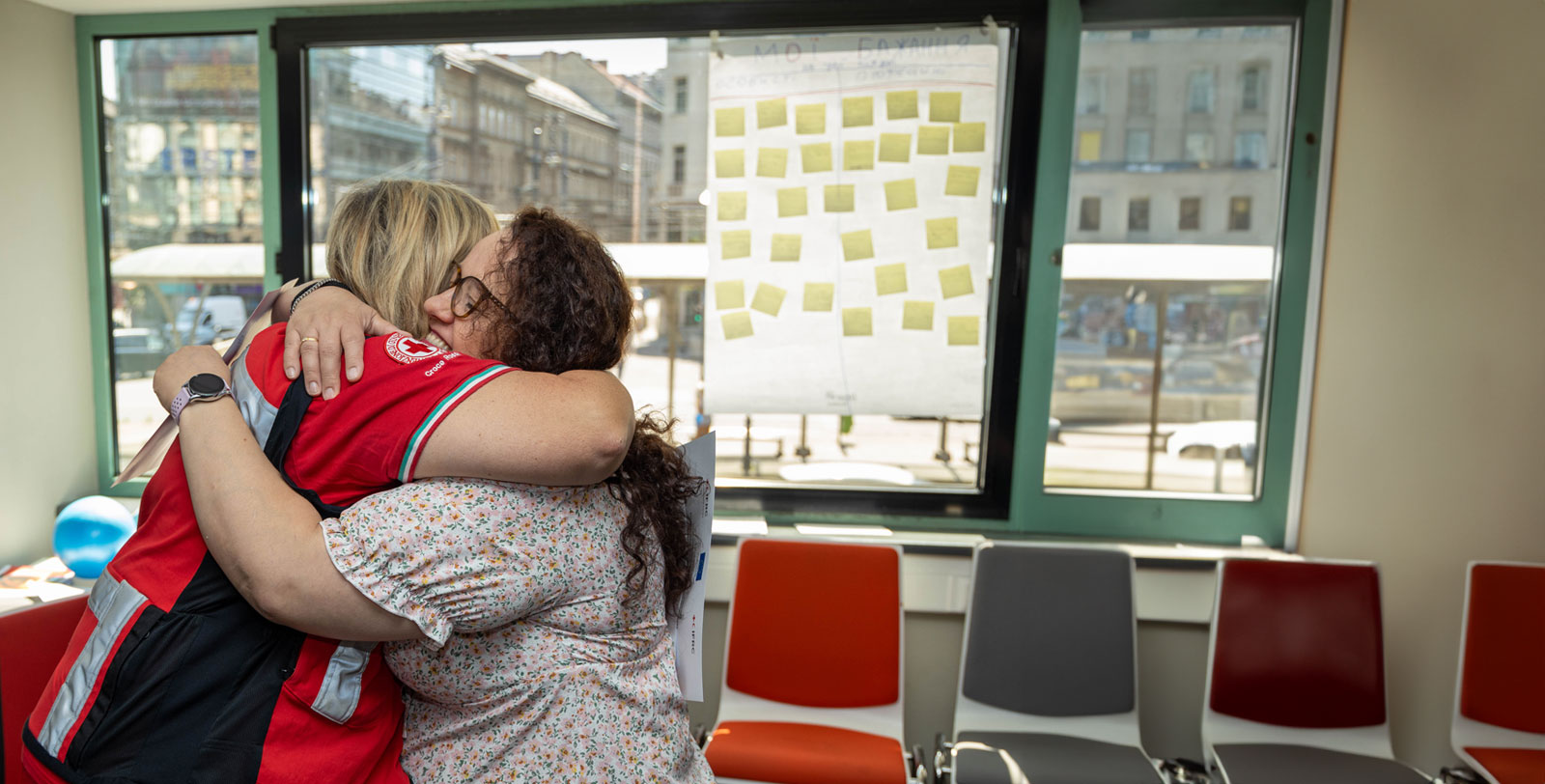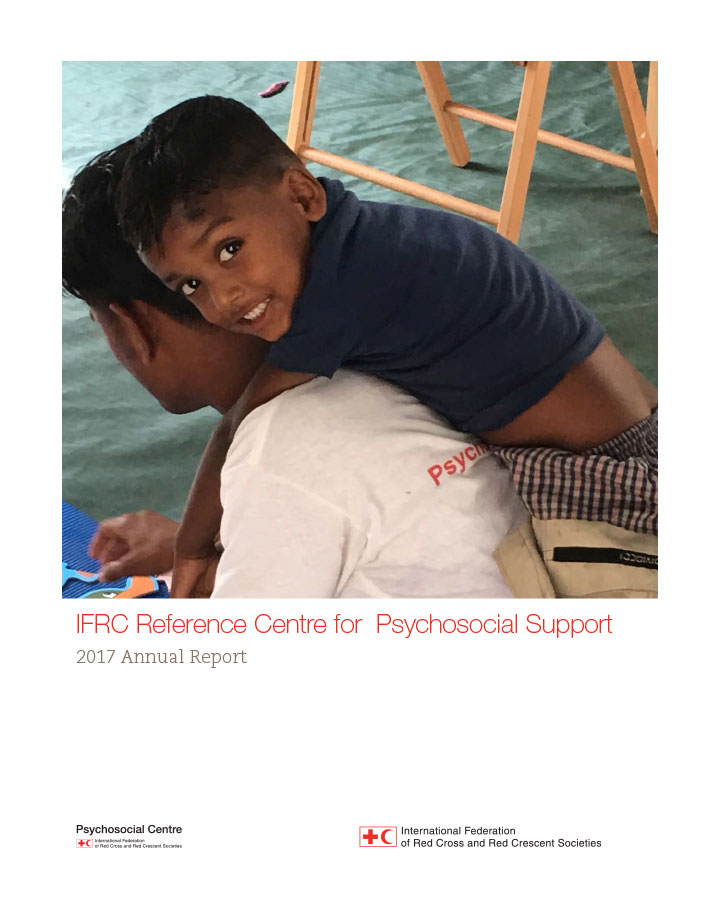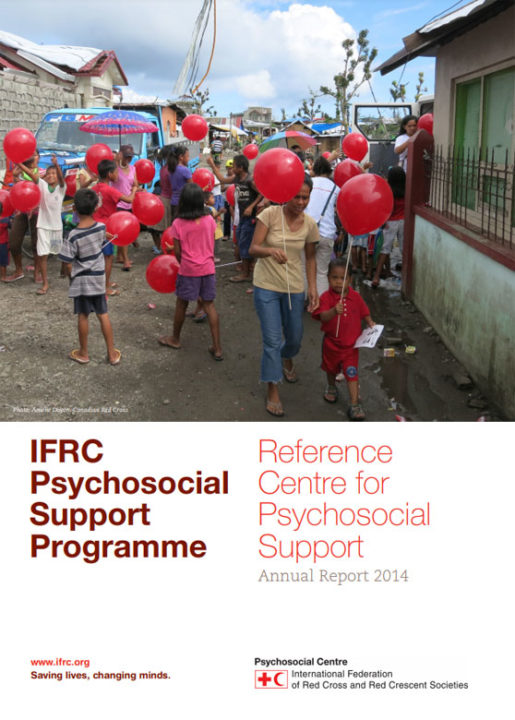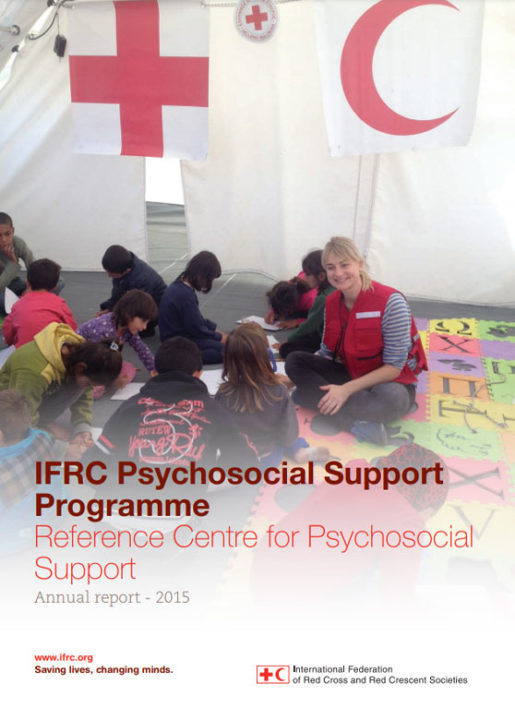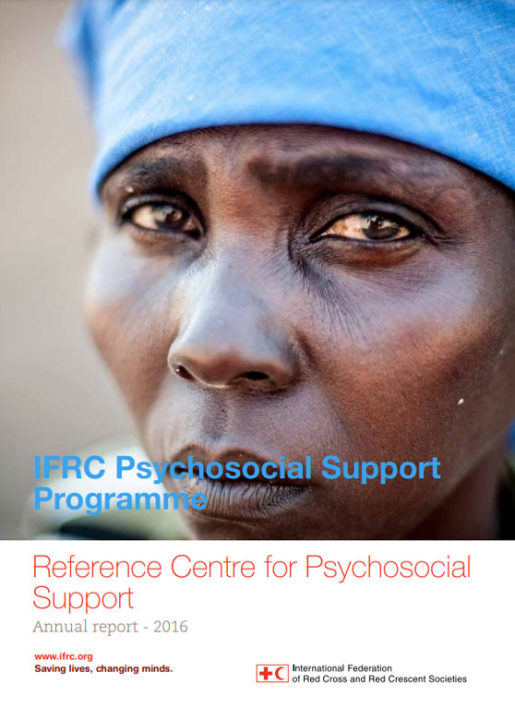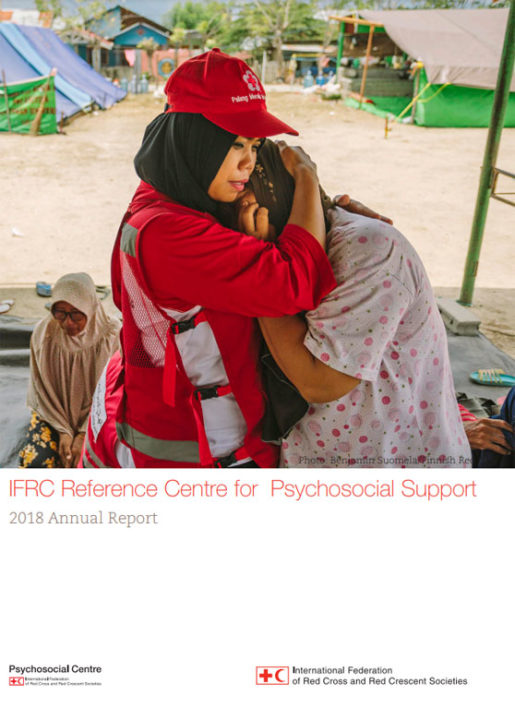In many ways, 2017 was a special year seen through the lenses of mental health and psychosocial support in the IFRC. International attention has never been so strongly focused on psychosocial support at field level, in research and at policy level.
In severe crises, such as the crises in Syria and Yemen, the Rakhine crisis and the protracted crisis in Libya, mental health and psychosocial support is repeatedly mentioned as being key elements in the overall response. Several reports were published about migrant children and youth during the year. The Save the Children report “Invisible Wounds: The impact of six years of war on the mental health of Syria’s Children” made a lasting impression with its unbearable description of the plight of these children: traumatized, unhappy and with a very
uncertain future to look forward to.
For the PS Centre, it became possible to focus on and be involved in several research and development projects with the aim of scaling up mental health interventions to vulnerable groups and populations through the task-shifting agenda with the so-called scalable psychological interventions.
